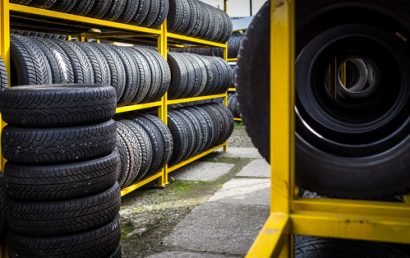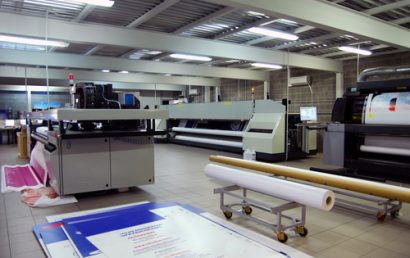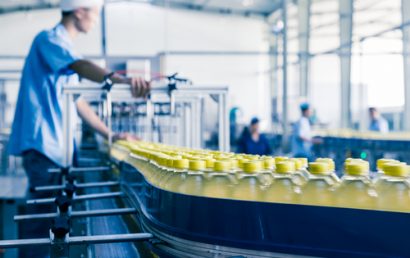Maximize Your Vessel Service Lifespan With Proper Marine Coatings
For decades, a significant cause of ship damage has been corrosion. It can destroy tanks, cause the body of the ship to deteriorate, and much more. Here’s the good news: When you know how to control and prevent ship corrosion, it’s manageable. One method of doing so is through the use of specially designed marine coatings for vessels.
Particularly on parts most susceptible to corrosion, applying the right coatings can help prevent and control corrosion on ships. Experiencing the most exposure to damaging minerals and salts, the hull of the ship sits below the waterline. But, to help protect the hull, a vinyl tar coat and two-part coal tar epoxy can be applied.
Marine Coatings needed to Protect Decks against Corrosion
The deck of a ship is also at-risk courtesy of the harsh environment. This is particularly true during weather conditions considered adverse. During strong tides or storms, up onto the deck, seawater can wash which leads to surface damage. Additionally, to remedy the damage, the deck can be repainted. However, to ensure protection from everyday wear and tear, as well as water, it’s best to apply a chlorinated, alkali rubber coating.
Another common problem is cargo tank corrosion. When water vapor mixes with crude oil, water, and sulfur, this corrosion occurs. Additionally, the tank’s protective coating can be broken down by microbes.
In the maritime industry, to preserve and protect their vessels’ integrity, new and improved coatings are being researched every day. Over approximately 10 to 20 years, today’s modern coatings can protect tanks, saving roughly 240 million maintenance dollars.
The Best Materials
Depending on the material from which the tanks and ship are made, varying levels of damage can be caused by corrosion. When building and replacing parts, it’s important to take into consideration that some metals are more affected by corrosion than are others.
Plastics and stainless steels are more corrosion resistant. Certain titanium alloys and nickel alloys are specially designed for the prevention of corrosion. To ensure optimum longevity and protection for a ship, they are ideal materials to use.
Procedures for Maintenance
Ships are less likely to be affected by corrosion if the proper maintenance procedures are in place. Before existing damage can escalate, steps must be taken to repair problems. That means detecting signs of damage at the earliest possible point. Having a maintenance plan in place, and following it to the letter, is invaluable here.
In some cases, additional costs are a result of such a maintenance plan and its execution. The creation of a maintenance plan and its carrying out may have to be outsourced. Each company will have to examine their finances and capabilities to see which option works best for them – do maintenance in-house or have it done by another source.
Where to Go for Protective Marine Coatings
A&A Coatings provides services for industries of most every type – including the marine industry. To find out what our various coatings could do for you and your business, contact us today. Chances are, your industry has already put thermal spray coatings to good use. Don’t get caught behind the times!



